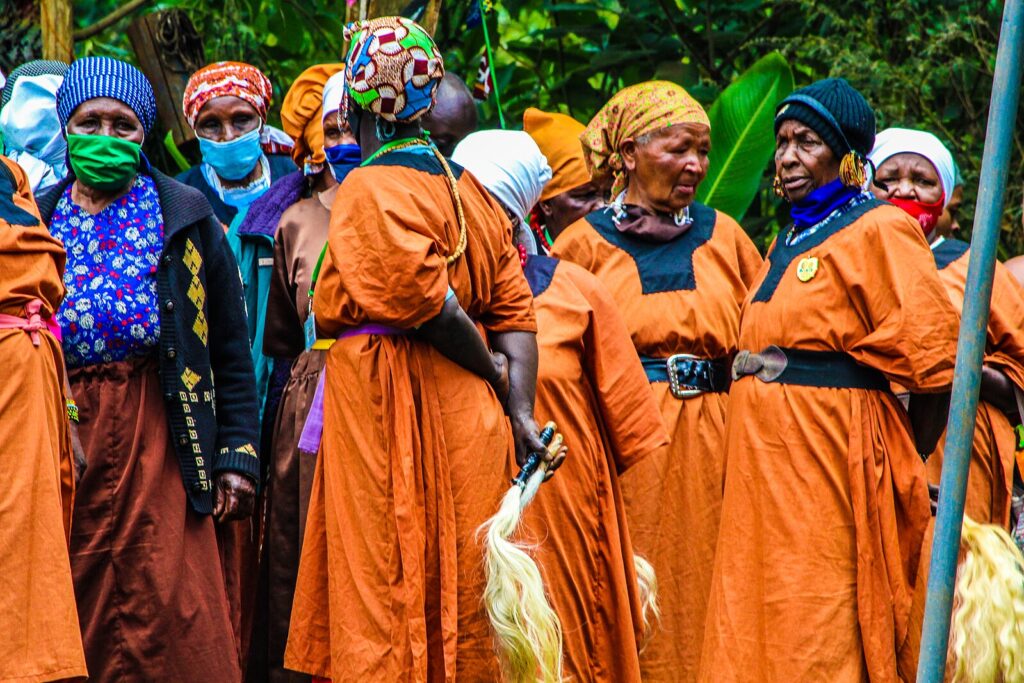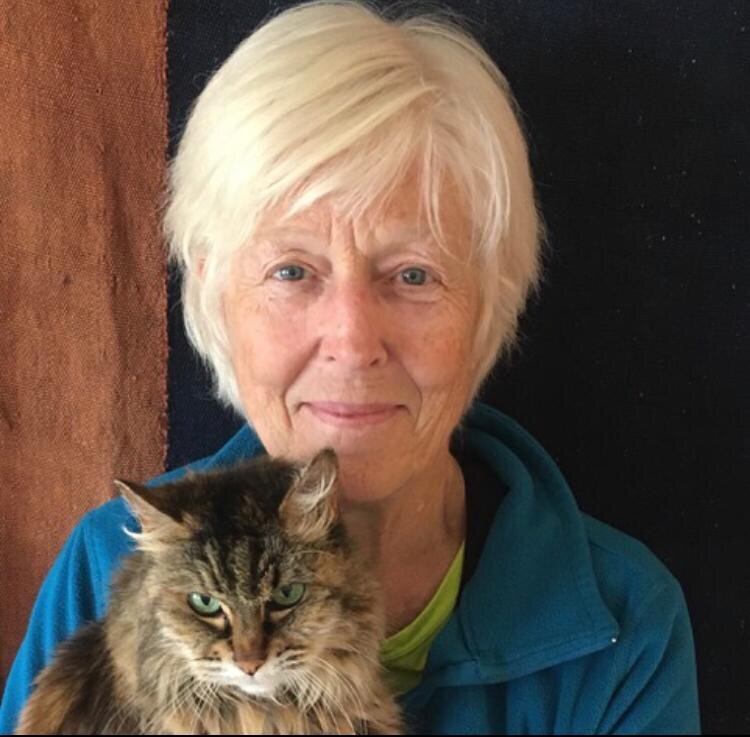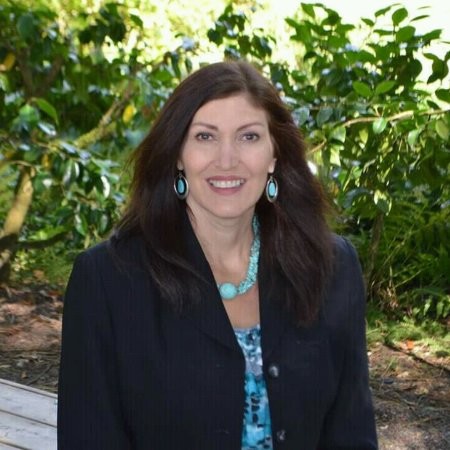

 Kikuyu women in traditional dress. The Kikuyu are a Bantu-speaking ethnic group and the largest in Kenya. Photo by Isiyekala, via Wikimedia Commons (CC BY-SA 4.0)
Kikuyu women in traditional dress. The Kikuyu are a Bantu-speaking ethnic group and the largest in Kenya. Photo by Isiyekala, via Wikimedia Commons (CC BY-SA 4.0)
We’re proud to share another remarkable contribution from the Fourth World Journal Special Issue: Nations International Criminal Tribunal (NICT)—“An International Criminal Court for Indigenous Women,” by Melissa Farley and Jeri Moomaw. This article sheds light on the intersecting injustices Indigenous women face, including legal disempowerment, environmental violence, and systemic human rights violations.
Farley and Moomaw highlight the glaring absence of global legal frameworks that recognize the unique vulnerabilities and strength of Indigenous women, particularly in the face of crimes such as ecocide, culturcide, and state-supported domestic violence. Drawing on cases from the Cinta Larga, Sámi, and Kikuyu nations, the authors underscore how mechanisms like the NICT can provide space for Indigenous women to voice their experiences, confront perpetrators, and pursue meaningful justice rooted in Indigenous values and resilience.
By Melissa Farley, Ph.D., and Jeri Moomaw
Indigenous women sit at the crux of state violence, disproportionately subjected to legal disempowerment, human rights violations, economic disenfranchisement, and environmental destruction. Existing international legal systems do not account for this gender disparity, nor do they recognize cases of ecocide, culturcide, or state-reinforced domestic violence. Studies in sexual violence prove that human trafficking and forced sterilization contribute to the racialized criminalization of Indigenous women and inflict cycles of intergenerational harm. In addition, so-called “sacrifice zones”—regions disrupted by climate catastrophe—exacerbate existing traumas. Lack of secure healthcare, land access, and education further increase the vulnerability of Indigenous women to systemic patterns of abuse. Cases brought forth by the Cinta Larga, Sami, and Kikuyu Nations across the globe highlight the necessity of a forum like the NICT to mediate between victim and perpetrator in these circumstances. The NICT presents an avenue through which these women can confront the perpetrators of these genocidal practices and seek meaningful recourse..

Melissa Farley is a research and clinical psychologist who has published 50 peer-reviewed articles and 2 books on prostitution, pimping/trafficking, and pornography. Dr. Farley founded Prostitution Research & Education in 1995, a nonprofit research institute that conducts original research on the sex trade and provides a free library of information for survivors, advocates, policymakers, and the public.

Jeri Moomaw is a trainer and anti-violence expert who has dedicated her life and work to combating commercial sexual exploitation, human trafficking, gangs and violence against women. With a background in social justice, her work includes human trafficking education, prevention and intervention with tribal Communities, schools, corrections, and community-based non-profits. Her mission is to educate and bring awareness, education and tools to equip communities to help protect themselves against trafficking.
The library is dedicated to the memory of Secwepemc Chief George Manuel (1921-1989), to the nations of the Fourth World and to the elders and generations to come.
access here